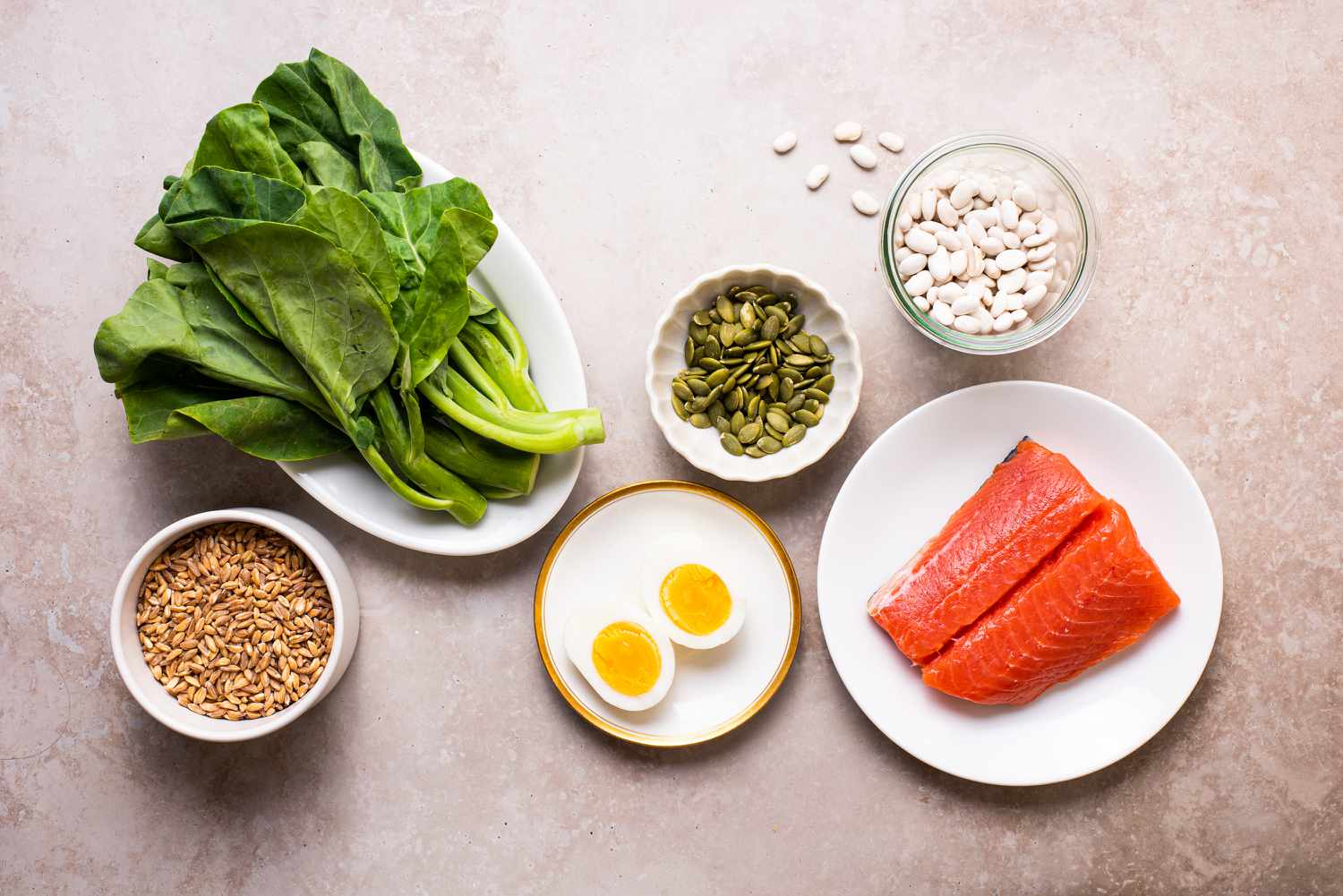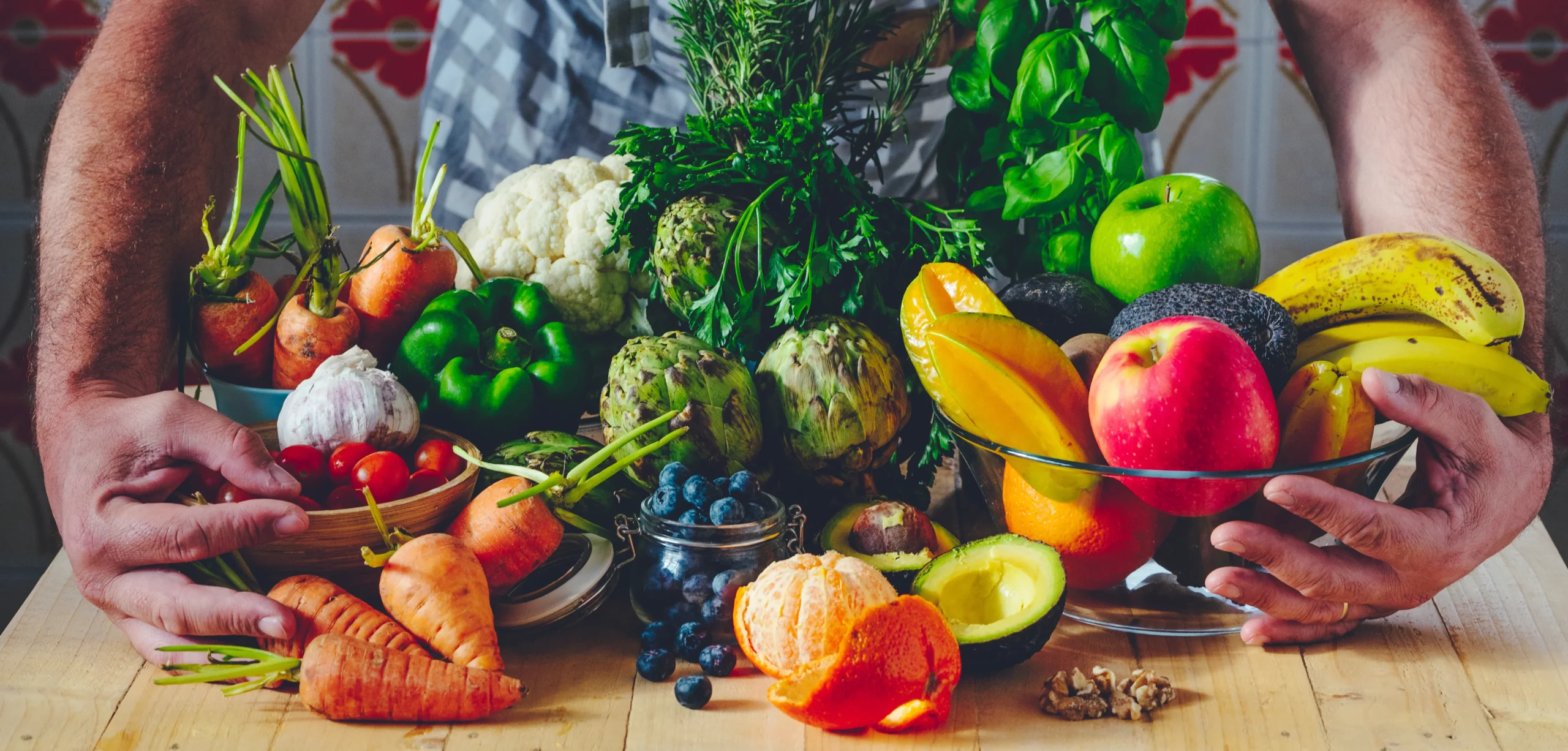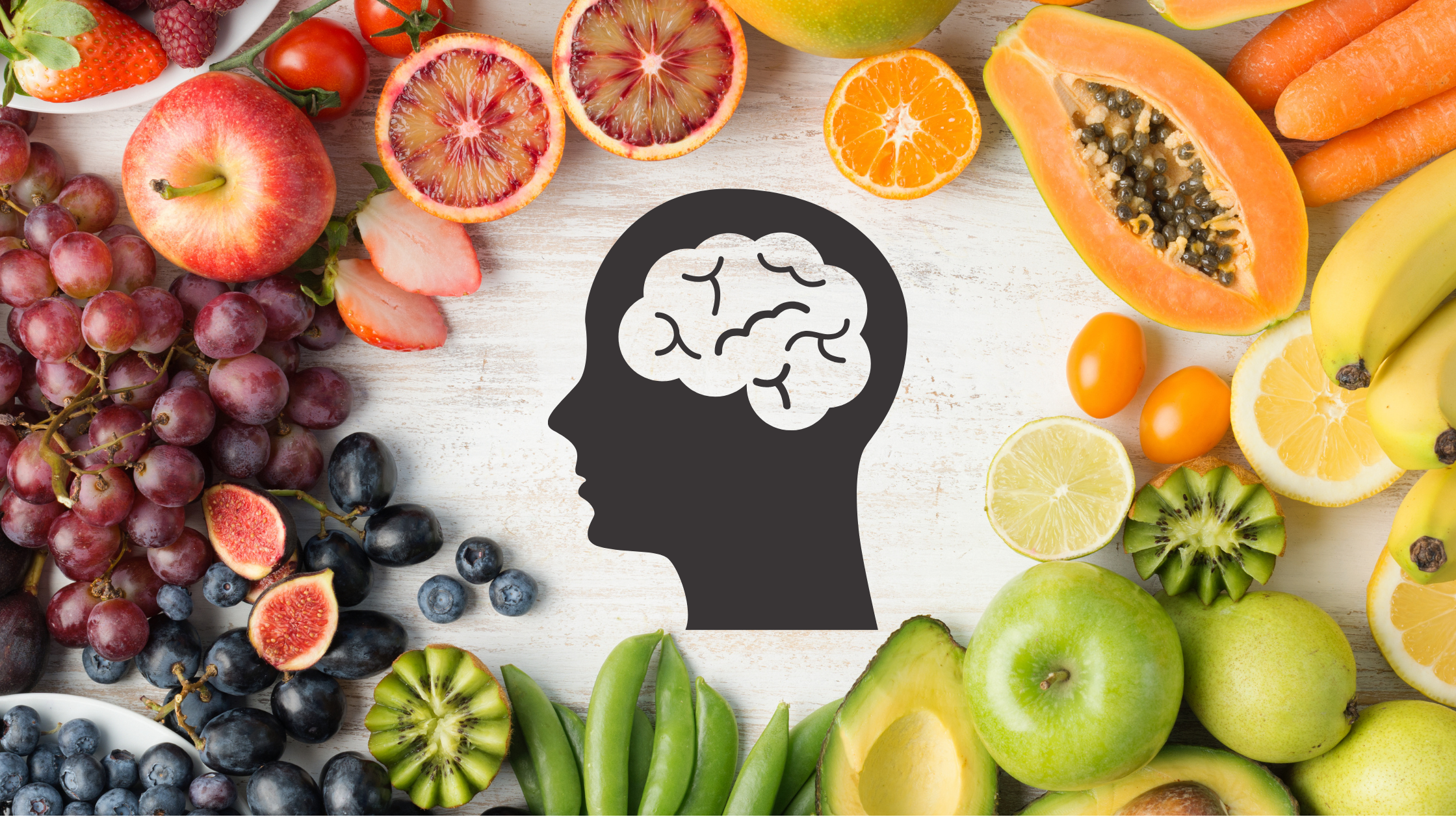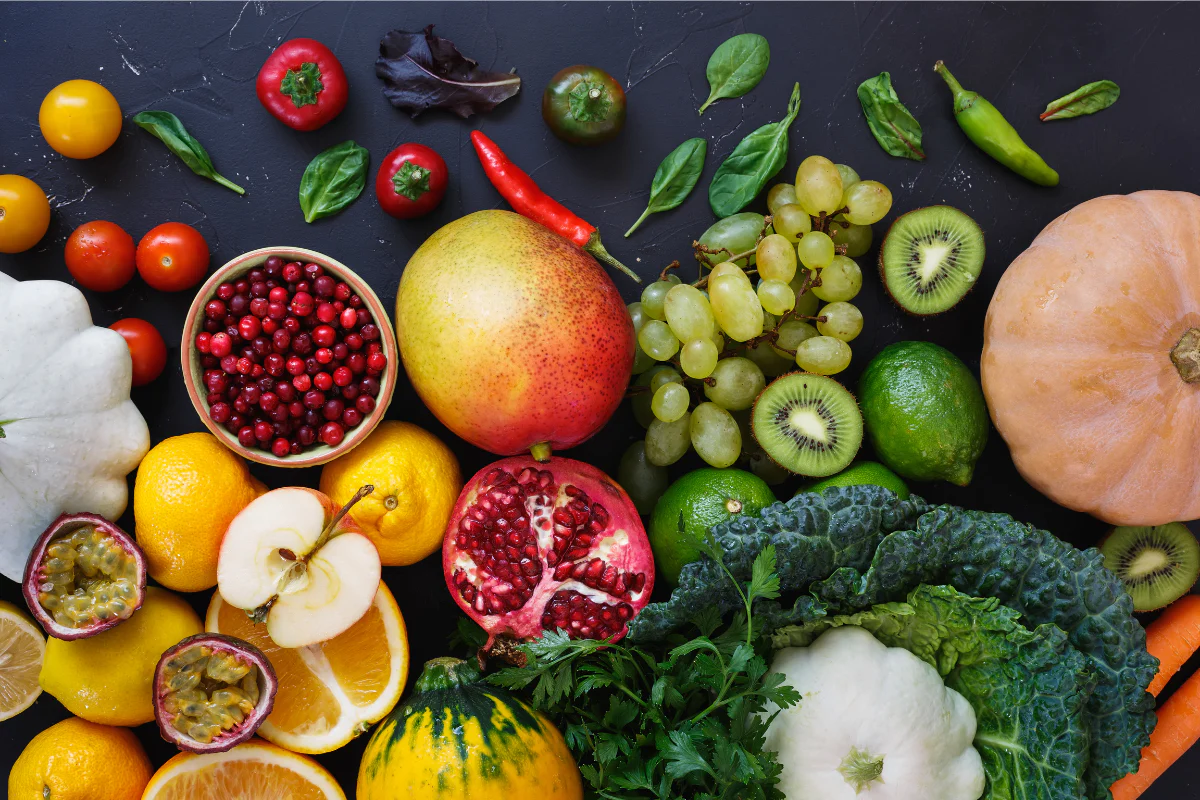
Discover the Power of Nutrition: Unlock Your Full Potential
Explore the world of nutrition and learn how to fuel your body for optimal health and performance. D...


Unlock the secrets of macronutrients and learn how to create a personalized nutrition plan that supports your fitness goals. Dive into the science and practical tips for a healthier you.
So like, everyone talks about macros these days but honestly most people don't really get what they are. I mean, I didn't either until I started learning more about nutrition stuff. Basically, macronutrients are the big three things your body needs lots of - proteins, carbohydrates, and fats. Think of them like the main fuel sources that keep your body running, kind of like how your phone needs different types of power to work properly.
Here's the thing though - in Canada, we eat way too much processed stuff and not enough of the good macros. Like, Tim Hortons is everywhere and don't get me wrong, I love a good double-double, but that's mostly just sugar and fat without much protein. The Canadian Food Guide changed a few years back because they figured out we were doing nutrition all wrong. Now they focus more on getting the right balance of these macros instead of just counting calories.
What's really cool is that when you understand macros, you can actually eat more food and feel better. It's not about starving yourself or cutting out everything you like. It's about making sure your body gets what it needs to build muscle, have energy, and keep your brain working properly. Plus, if you're into sports or working out, getting your macros right can make a huge difference in how you perform and recover.
The best part is once you learn this stuff, you can help other people too. Maybe your family, friends, or even think about a career in nutrition. There's tons of opportunities in Canada for people who really understand how food works with the human body. But first, you gotta understand the basics yourself.
Okay so protein is probably the macro everyone knows about, especially if you're into fitness. But it's not just for building muscles - though that's definitely important. Protein helps fix damaged tissues, makes enzymes and hormones, and can even give you energy if you're not getting enough carbs. In Canada, we're pretty lucky because we have access to lots of good protein sources like salmon from BC, beef from Alberta, and dairy products from Quebec and Ontario.
Most people need about 0.8 to 1.2 grams of protein per kilogram of body weight. But if you're active or trying to build muscle, you might need up to 2 grams per kilogram. That sounds like a lot but it's really not that hard to get. A chicken breast has about 25 grams, a cup of Greek yogurt has around 20 grams, and even things like lentils and quinoa have decent protein.
Carbs get a bad reputation but honestly they're super important, especially if you're active. Your brain runs almost entirely on glucose, which comes from carbs. The trick is getting the right kinds of carbs. Simple carbs like sugar and white bread give you quick energy but then you crash. Complex carbs like oats, brown rice, and sweet potatoes give you steady energy that lasts longer.
In Canada, we grow some amazing complex carb sources. Prairie provinces produce tons of whole grains, and we have great root vegetables that grow well in our climate. Generally, carbs should make up about 45-65% of your daily calories, but it depends on your activity level and goals.
Fats are probably the most misunderstood macro. People think all fats are bad but that's totally wrong. Your body needs fats to absorb vitamins, make hormones, and protect your organs. The key is getting the right types - unsaturated fats from things like olive oil, nuts, and fish are way better than saturated fats from processed foods. Canada produces excellent sources of healthy fats like canola oil, flax seeds, and we have access to omega-3 rich fish from our coastal waters.
Alright, so now that you know what macros are, how do you figure out what you personally need? It's not as complicated as some people make it seem, but there are definitely some factors to consider. Your age, weight, height, activity level, and goals all matter. Like, if you're trying to build muscle, you'll need more protein. If you're training for a marathon, you'll need more carbs.
First thing you gotta do is figure out your Total Daily Energy Expenditure - that's basically how many calories you burn in a day. There are online calculators for this, but a basic estimate is your body weight in pounds times 15 if you're moderately active. So if you weigh 150 pounds, that's about 2,250 calories per day. Then you can break that down into macros.
A good starting point for most people is something like 30% protein, 40% carbs, and 30% fats. But this can change based on your goals. If you're trying to lose weight, you might want more protein to help preserve muscle. If you're bulking up, you might want more carbs for energy during workouts. The important thing is to start somewhere and then adjust based on how you feel and what results you're getting.
You don't have to track every single thing you eat forever, but doing it for a few weeks can be really eye-opening. There are apps like MyFitnessPal or Cronometer that make it pretty easy. You just scan barcodes or search for foods and they calculate the macros for you. What's cool is you start to learn what foods have which macros without even thinking about it.
The Canadian nutrition labels are actually pretty good for this too. They show you protein, carbs, and fat right on the package. Just remember that the serving sizes might be different from what you actually eat, so you might need to do some math. But once you get the hang of it, it becomes second nature.
Here's where it gets practical. Once you know your macro targets, you can plan meals that hit those numbers. Breakfast might be oatmeal with berries and protein powder - that gives you carbs from the oats, protein from the powder, and some natural sugars from the berries. Lunch could be a chicken and quinoa bowl with avocado - protein from chicken, complex carbs from quinoa, healthy fats from avocado.
Living in Canada, we have some advantages for macro-friendly eating. Our grocery stores have lots of whole food options, and even places like Costco sell things like frozen berries, nuts, and lean proteins in bulk. Plus, if you're in a bigger city, there are usually meal prep services that can help you hit your macro targets without having to cook everything yourself.
When you eat your macros can matter too, especially if you're active. Having some carbs before a workout gives you energy, and having protein after helps with recovery. But honestly, for most people, the total amount of macros you get in a day is way more important than the exact timing. Don't stress too much about having to eat protein within 30 minutes of working out or anything like that.
That said, spreading your protein throughout the day is probably better than having it all in one meal. Your body can only use so much protein at once for building muscle, so having some at each meal makes sense. Same with carbs - steady energy throughout the day is usually better than big spikes and crashes.
Okay so I've seen people make some pretty big mistakes when they first start paying attention to macros. The biggest one is probably being too strict about hitting exact numbers every single day. Like, if your target is 150 grams of protein and you only get 145, that's totally fine. Your body doesn't reset at midnight - it's about the overall pattern, not perfection every day.
Another mistake is focusing only on macros and ignoring everything else. You still need vitamins, minerals, and fiber. You can technically hit your macro targets eating nothing but protein powder, white rice, and oil, but you'd feel terrible and probably get sick. The best approach is to get most of your macros from whole foods and then use supplements or processed foods to fill in gaps if needed.
People also sometimes get too caught up in the numbers and forget to listen to their body. If you're constantly hungry or tired, your macro targets might be off. Maybe you need more calories overall, or maybe you need to adjust the ratios. The numbers are a starting point, not a rigid rule you have to follow no matter what.
The goal isn't to track macros forever - it's to learn how to eat in a way that makes you feel good and supports your goals. After a while, you'll naturally start choosing foods that give you the right balance of macros without having to think about it too much. You'll know that you need some protein with breakfast to stay full, or that you feel better when you have some carbs before a workout.
Living in Canada actually gives us some pretty good advantages when it comes to getting quality macros. Our food safety standards are high, so you can trust that the nutrition labels are accurate. We have access to fresh produce year-round thanks to imports, plus amazing local options during growing season. And our healthcare system means you can actually talk to a dietitian if you want professional help with your nutrition - in many provinces, you can get referred through your family doctor.
We also have some unique foods that are great for hitting macro targets. Things like wild salmon, maple syrup as a natural carb source, and canola oil which is actually one of the healthiest cooking oils you can use. Plus, our multicultural food scene means you can learn macro-friendly recipes from all over the world without leaving your city.
The fitness and nutrition industry in Canada is also growing like crazy. If learning about macros gets you interested in nutrition as a career, there are tons of opportunities. Whether it's becoming a registered dietitian, a sports nutritionist, or even starting your own meal prep business, understanding macros is foundational knowledge that can open doors.
So where do you go from here? Start simple. Pick one or two meals and figure out their macro breakdown. Maybe track your food for a week just to see where you're at now. You don't have to change everything at once - small adjustments can make a big difference over time. Focus on adding more protein if you're not getting enough, or swapping some refined carbs for whole grain versions.
If you're serious about diving deeper into nutrition science, consider taking some courses. There are online options, community college programs, and university degrees all available in Canada. Understanding macros is just the beginning - there's so much more to learn about how nutrition affects health, performance, and disease prevention. The knowledge you gain can benefit not just you, but everyone around you.
Remember, mastering macros isn't about perfection - it's about understanding your body's needs and making informed choices. Some days you'll nail your targets, other days you won't, and that's completely normal. The key is building sustainable habits that support your long-term health and fitness goals. With Canada's abundant food resources and growing awareness of nutrition science, you're in a great position to take control of your health through better macro management.
json
Explore the world of nutrition and learn how to fuel your body for optimal health and performance. D...

Discover simple, yet effective nutrition hacks to elevate your meals and boost your overall well-bei...

Unlock the secrets to fueling your fitness journey with the right nutrition. Learn the fundamentals ...